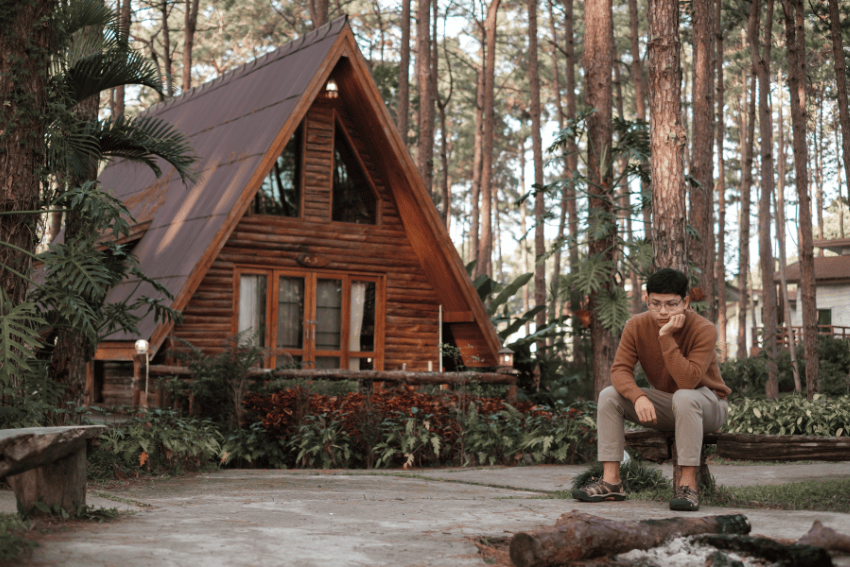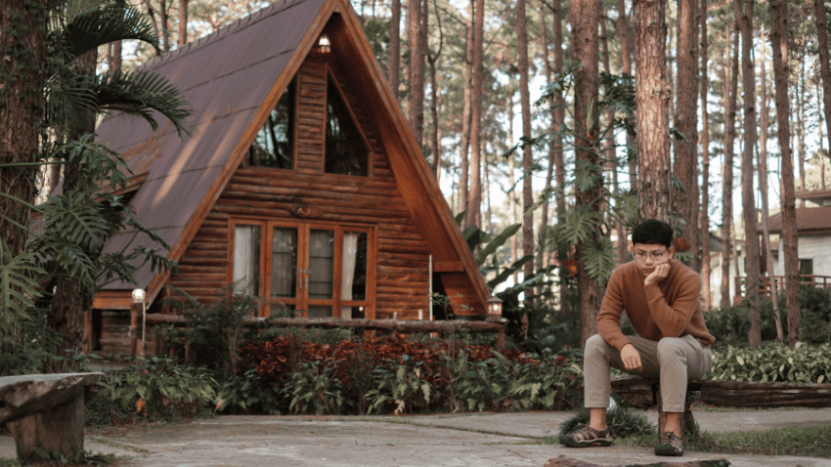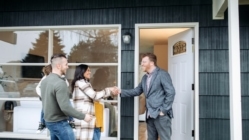
And – I thought to myself… “uh, oh… holy potential glut of short-term rentals, Batman!”
Sidebar: The agent was extremely well-informed and excellent, and we will likely still use him – so this is no slight on him.
Anyway – it turns out I was right, according to this recent Wealthion podcast: AirBnBust!
Over half of all Airbnb units were purchased in the past 2 years.
And now that stimulus money (that drove much of the short-term rental market) has dried up, many units are sitting empty and/or experiencing negative cash flow.
What made the entire problem worse was the prevalence of paid Airbnb “coaches” or advisors who made money by luring people into the short-term rental game with promises of riches – based on models that were not based on long-term track records.
This fostered the additional problem of attracting people who had little experience managing properties.
Additional issues have to do with wage and service inflation and the high cost of cleaning and maintenance – which is exacerbating cash flow problems and turning off renters (who don’t want to pay $250 cleaning fees).
So yes, I suspect the bloom has fallen off the Airbnb rose.
BUT – does this mean the short-term rental crowd is going to panic-sell and drag down the entire market like the podcast implies?
Some pockets with high concentrations of short-term rentals, like Park City, could see a decline, but I am not so sure and this is why:
- Remote Work: Park City itself remains a paradise and the ability to work remotely will keep markets like Park City stronger than they would have been in pre-remote-work eras.
- Low Rates Locked In: We closed hundreds of investment property purchases over the last few years, and all locked in very low rates – which makes it much easier to find long-term tenants who will pay enough rent to cover expenses. The podcast implies that many investors used alternative (high rate) financing to buy properties but I have not seen any data supporting that.
- Higher Rents: Rents have risen sharply since most of those buyers bought properties, making them that much more likely to cash flow.
- New Households: New household formations (kids moving out; marriages, etc.) continue to outpace new home building, so an ample supply of renters remain.
- Inflation Hedge: Smart investors know that their investment properties remain excellent inflation hedges (something I blog about often).
I think the bigger issue for Airbnb is that many people are just over Airbnbs, and I am one of those people. I still occasionally use the service, but I opt for hotels far more often nowadays.
Jay Voorhees
Founder | JVM Lending
(855) 855-4491 | DRE# 1197176, NMLS# 310167
























